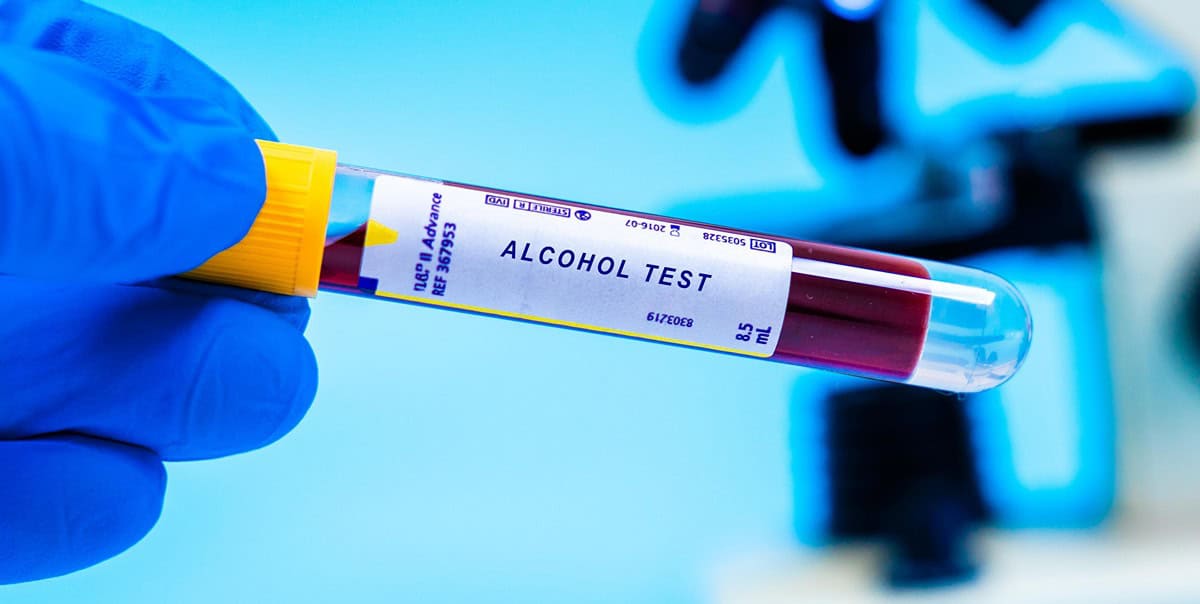Drug Convictions May Impact Your Financial Aid Eligibility or Student Loans
The impact of a drug conviction on a person’s life can be devastating, with far-reaching consequences that can affect their future in numerous ways.
One critical aspect often overlooked is the effect of a drug conviction on student loans and financial aid.
For many young people, pursuing higher education is crucial in building a stable and successful career.
However, a drug conviction can significantly hinder their progress and access to the financial support necessary for their education.
This article will explore the various aspects of drug convictions and their implications on student loans and financial aid.
We will discuss the following topics:
- Understanding Drug Convictions Under Arizona Law
- Types of Drug Convictions That Affect Student Loans and Financial Aid
- Impact of Drug Convictions on Federal Student Aid
- Impact of Drug Convictions on State-Based Financial Aid Programs in Arizona
- Expungement and Setting Aside Convictions in Arizona
- Strategies to Minimize the Impact of Drug Convictions on Financial Aid
- Frequently Asked Questions About Drug Convictions and Financial Aid in Arizona
An interesting statistic to note is that in the 2019-2020 academic year, approximately 43% of undergraduates in the United States received some form of federal financial aid (source: National Center for Education Statistics).
Understanding Drug Convictions Under Arizona Law
Drug convictions can encompass a wide range of offenses in Arizona, as outlined in the Arizona Revised Statutes (ARS) §13-3401 to ARS §13-3422.
These statutes regulate drug-related offenses, such as controlled substance possession, distribution, and manufacturing.
Some common offenses include:
- Possession of drugs for personal use (ARS §13-3408)
- Possession of drug paraphernalia (ARS §13-3415)
- Possession of drugs for sale (ARS §13-3407)
These offenses can result in various penalties, including imprisonment, fines, probation, and community service.
The severity of the penalties depends on factors such as the type and quantity of drugs involved and the defendant’s criminal history.

Types of Drug Convictions That Affect Student Loans and Financial Aid
Not all drug convictions will have the same effect on a student’s eligibility for loans and financial aid.
However, certain drug offenses can have significant consequences for those seeking financial assistance for their education.
Some of these offenses include the following:
- Possession: Possessing a controlled substance is a common drug offense that can lead to suspending or losing financial aid eligibility.
- This can include possessing illegal drugs, prescription medications without a valid prescription, and certain over-the-counter substances when used for non-medical purposes.
- Distribution: Selling or distributing controlled substances is another offense that can severely affect a student’s financial aid eligibility.
- This includes offenses such as drug trafficking, manufacturing, and cultivation.
- Arizona-specific drug offenses: In addition to federal regulations, Arizona has its own laws governing drug offenses.
- Certain state-specific offenses can also result in a loss of eligibility for financial aid. For example, the possession or use of certain synthetic drugs, such as “spice” or “bath salts,” can lead to consequences under Arizona law (ARS §13-3456).
Awareness of these offenses and their potential impact on a student’s financial aid eligibility is essential.
A criminal defense lawyer from The Shah Law Firm can help navigate these complex legal issues and provide guidance on defending against drug charges.
Impact of Drug Convictions on Federal Student Aid
Federal student aid, which includes grants, loans, and work-study programs, can be significantly affected by a drug conviction.
Under 20 U.S.C. §1091(r), a student’s eligibility for federal financial aid can be suspended or revoked if convicted of a drug offense while receiving federal student aid.
The length of the suspension depends on the nature and severity of the offense:
- Possession of a controlled substance: First offense results in a 1-year suspension; second offense, a 2-year suspension; third or subsequent offenses, an indefinite suspension.
- Sale of a controlled substance: First offense results in a 2-year suspension; second or subsequent offenses, an indefinite suspension.
It’s important to note that these suspensions only apply to convictions while receiving federal financial aid, not convictions before the student began receiving aid.
Regaining eligibility for federal student aid after a drug conviction is possible under certain conditions.
Students can regain eligibility by completing a drug rehabilitation program with at least two unannounced drug tests.
Alternatively, eligibility may be restored if the drug conviction is overturned, set aside, or expunged.

Impact of Drug Convictions on State-Based Financial Aid Programs in Arizona
In addition to federal financial aid, Arizona students may receive state-based financial assistance, such as grants, scholarships, and loans.
The Arizona Board of Regents (ABOR) oversees the policies and regulations for state-based financial aid, and these policies can also be affected by a drug conviction.
While eligibility for state-based financial aid programs may not be as severely impacted as federal aid, students with drug convictions could still face challenges in obtaining these forms of assistance.
Some state-specific grants, scholarships, and loans may have their own eligibility requirements, including a review of a student’s criminal history or drug-related convictions.
Expungement and Setting Aside Convictions in Arizona
One way to minimize the impact of a drug conviction on student loans and financial aid is to seek to set aside the conviction.
Under ARS §13-905, individuals who have completed their sentence or probation may be eligible to apply for a set aside of their conviction.
A set aside does not entirely erase the conviction from a person’s record, but it can help demonstrate rehabilitation and may improve a student’s chances of obtaining financial aid.
It’s important to note that eligibility for a set aside varies depending on the specific offense and the applicant’s criminal history.
Strategies to Minimize the Impact of Drug Convictions on Financial Aid
Several strategies can be employed to minimize the impact of a drug conviction on a student’s ability to secure financial aid:
- Appealing a conviction: If there are grounds to challenge a drug conviction, such as a violation of the defendant’s rights, procedural errors, or insufficient evidence, an appeal may be an option.
- A successful appeal could overturn the conviction and restore eligibility for financial aid.
- Navigating the financial aid application process: Students with drug convictions must be diligent when applying for financial aid. Disclosing drug convictions on the Free Application for Federal Student Aid (FAFSA) and other financial aid applications is necessary.
- Still, students should provide additional information demonstrating their rehabilitation or mitigating circumstances.

Frequently Asked Questions About Drug Convictions and Financial Aid in Arizona
In this section, we address some common concerns and misconceptions about drug convictions and financial aid in Arizona:
Will a Drug Conviction Automatically Disqualify Me From Receiving Financial Aid?
Not necessarily.
While certain drug convictions can lead to a suspension or loss of eligibility for federal financial aid, the specific circumstances of your case will determine the extent of the impact.
Additionally, state-based financial aid programs in Arizona may have their own eligibility criteria, which could be less stringent than federal regulations.
Can I Regain My Financial Aid Eligibility After a Drug Conviction?
Yes, it is possible to regain eligibility for financial aid after a drug conviction.
For federal financial aid, you can regain eligibility by successfully completing a qualifying drug rehabilitation program or if your conviction is overturned, set aside, or expunged.
For state-based financial aid in Arizona, eligibility may depend on the specific program and its requirements.
Do I Need to Disclose My Drug Conviction on My Financial Aid Application?
Yes, you should disclose any drug convictions on your financial aid application, as failure could result in further penalties or loss of eligibility.
It’s essential to provide additional information demonstrating your rehabilitation or mitigating circumstances when applying for financial aid.
Can a Criminal Defense Lawyer Help Me With My Financial Aid Situation?
A criminal defense lawyer from The Shah Law Firm can help you navigate the complexities of your case and provide guidance on defending against drug charges.
While a lawyer cannot directly influence your financial aid eligibility, they can advise you on strategies to minimize the impact of a drug conviction on your ability to secure financial assistance for your education.
An Experienced Attorney is Essential When Faced With A Drug Conviction

By understanding Arizona’s drug laws, the types of convictions that affect financial aid eligibility, and the steps that can be taken to minimize these consequences, students can better navigate their educational journey.
Our team is dedicated to protecting your rights and helping you build a strong defense against drug charges, ensuring your educational opportunities remain unaffected.
Don’t let a drug charge define your future—contact the Shah Law Firm today and receive a free consultation at (602) 560-7408.











